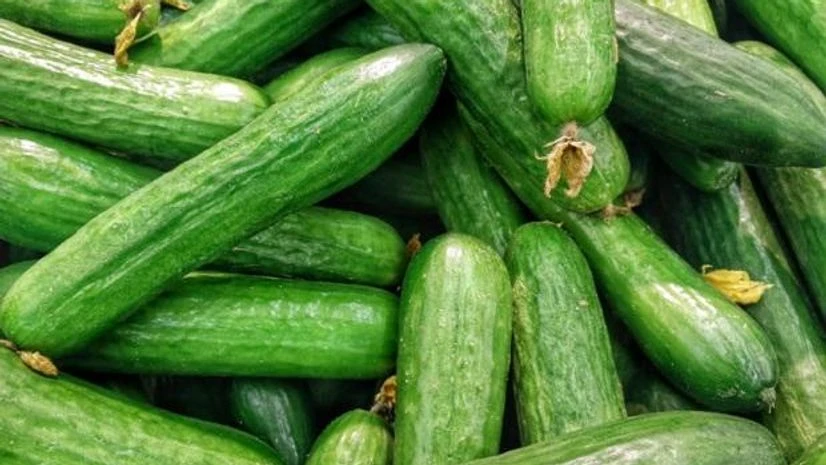India has emerged as the largest exporter of gherkins in the world. India has exported cucumber and gherkins to the tune of 1,23,846 metric tonnes with a value of USD 114 million during April-October (2020-21).
India has crossed the USD 200 million mark of export of agricultural processed product- pickling cucumber, which is globally referred as gherkins or cornichons, in the last financial year.
In 2020-21, India had shipped 2,23,515 metric tonnes of cucumber and gherkins with a value of USD 223 million.
Following directions of the Department of Commerce, Ministry of Commerce and Industry, the Agricultural and Processed Food Products Export Development Authority (APEDA) undertook a series of initiatives in infrastructure development, product promotion in the global market and adherence to food safety management system in processing units.
Gherkins are exported under two categories -- cucumbers and gherkins, which are prepared and preserved by vinegar or acetic acid and cucumbers and gherkins, which are provisionally preserved.
Gherkin cultivation, processing and exports started in India during the early 1990s with a modest beginning in Karnataka and later extended to the neighbouring states of Tamil Nadu, Andhra Pradesh and Telangana. Nearly 15 per cent production of the world's gherkin requirement is grown in India.
More From This Section
Gherkins is currently exported to more than 20 countries, with major destinations being North America, European countries and Oceanic countries such as USA, France, Germany, Australia, Spain, South Korea, Canada, Japan, Belgium, Russia, China, Sri Lanka and Israel.
Apart from its export potential, the gherkin industry plays a key role in the creation of rural employment. In India, cultivation of gherkins is carried out under contract farming by around 90,000 small and marginal farmers with an annual production area of 65,000 acres.
Processed gherkins are exported in bulk as industrial raw material and in jars as ready to eat. The bulk production is still occupying a high percentage of the gherkin market. In India, there are about 51 major companies producing and exporting gherkins in drums and ready-to-eat consumer packs.
APEDA has played a significant role in the promotion of export of processed vegetables and it has been providing financial assistance for the development of infrastructure and enhancing the quality of processed gherkins, products promotion in the international market and implementation of food safety management systems in the processing units.
On an average, a gherkin farmer produces 4 metric tonne per acre per crop and earns about Rs 80,000 with a net income of Rs 40,000. Gherkin has a 90-day crop and the farmers take two crops annually. Processing plants of international standards have been established here to cater to the requirement of foreign buyers.
All the gherkin manufacturing and exporting companies are either ISO, BRC, IFS, FSSC 22000 certified and HACCP certified or possess all the certifications. Many of the Companies have adopted Social Audits. This ensures all statutory benefits are given to the Employees.
The APEDA is also focusing on value addition of gherkins to increase the export value of the product.
(Only the headline and picture of this report may have been reworked by the Business Standard staff; the rest of the content is auto-generated from a syndicated feed.)

)
